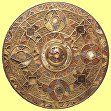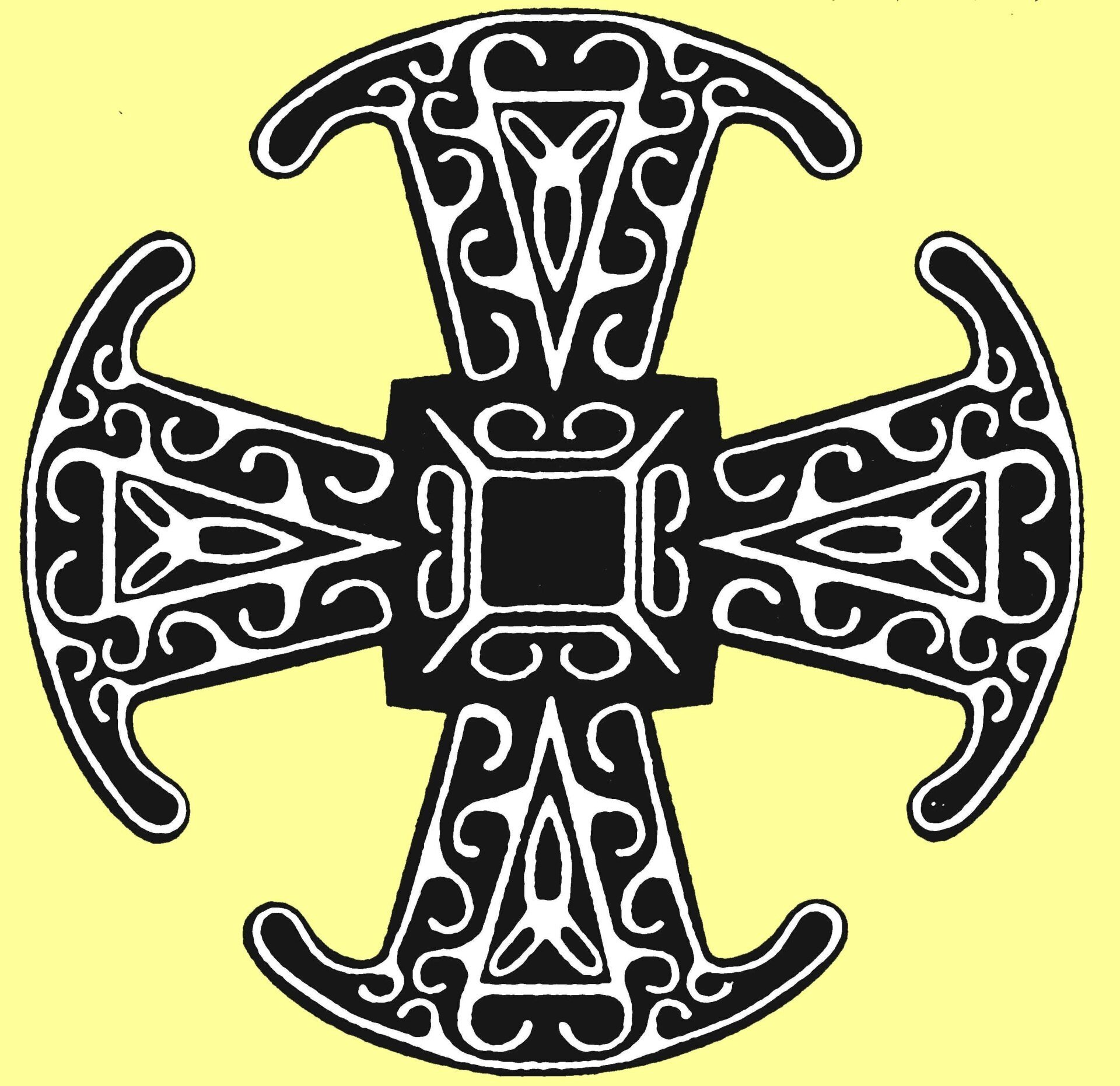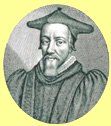Lord Kitchener of Khartoum
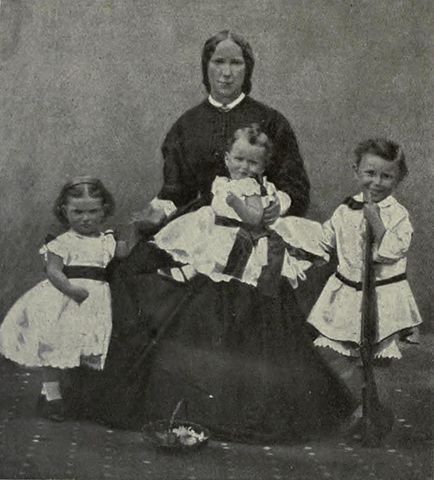
Kitchener on his mother's lap,
with his brother and sister
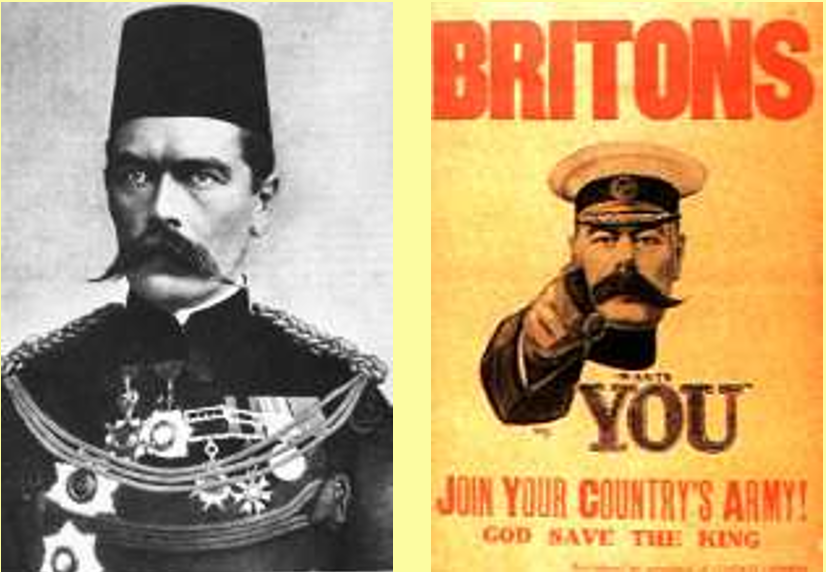
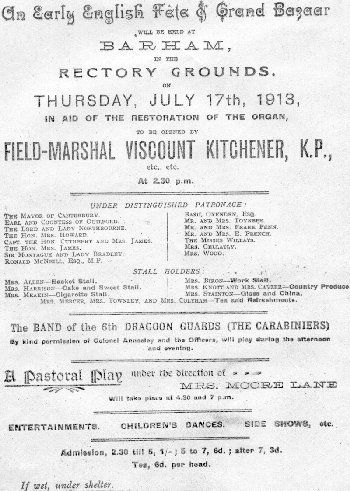
Field Marshal Horatio Herbert Kitchener, 1st Earl Kitchener KG, KP, GCB, OM, GCSI, GCMG, GCIE, ADC, PC
(24 June 1850 – 5 June 1916)
He was an Irish-born British Field Marshal and proconsul who won fame for his imperial campaigns and later played a central role in the early part of the First World War, although he died halfway through it.
Kitchener was educated in Switzerland and then entered the Royal Military Academy. Life in the Royal Engineers became boring and he applied to survey land in Palestine before moving to Egypt to train local people. He stayed there for almost a quarter century becoming Commander in Chief of the Egyptian army rescuing Khartoum from the dervishes of Sudan in 1898 after a two year battle.
Kitchener won fame in 1898 for winning the Battle of Omdurman and securing control of the Sudan, after which he was given the title "Lord Kitchener of Khartoum"; as Chief of Staff (1900–02) in the Second Boer War he played a key role in Lord Roberts' conquest of the Boer Republics, then succeeded Roberts as commander-in-chief – by which time Boer forces had taken to guerrilla fighting and British forces imprisoned Boer civilians in concentration camps. His term as Commander-in-Chief (1902–09) of the Army in India saw him quarrel with another eminent proconsul, the Viceroy Lord Curzon, who eventually resigned. Kitchener then returned to Egypt as British Agent and Consul-General (de facto administrator).
In 1911 he bought Broome Park from Sir Charles Oxenden. He visited the place often and carried out many changes - but he never placed down roots before the outbreak of World War I in 1914. He did, however get involved in the village - opening the village fête in 1913.
In 1914, at the start of the First World War, Lord Kitchener became Secretary of State for War, a Cabinet Minister. One of the few to foresee a long war, he organised the largest volunteer army that Britain, and indeed the world, had seen and a significant expansion of materials production to fight Germany on the Western Front. His commanding image, appearing on recruiting posters demanding "Your country needs you!", remains recognised and parodied in popular culture to this day.
Kitchener was killed in 1916 when the warship taking him to negotiations in Russia was sunk by a German mine. After his death he was criticised, and often dismissed as a great poster but not a great administrator. Lloyd George for instance – who may have taken credit for some of Kitchener's achievements in the field of munitions – was critical of Kitchener in his War Memoirs. After many years' experience of commanding relatively small forces in imperial campaigns, Kitchener had made his reputation worse by his habit of secrecy, unwillingness to explain his actions to his colleagues, and reluctance to delegate.
Kitchener has been more recently praised for his strategic vision in World War I, especially his laying the groundwork for the expansion of munitions production and his central role in the raising of the British army in 1914 and 1915, providing a force capable of meeting Britain's continental commitment.
